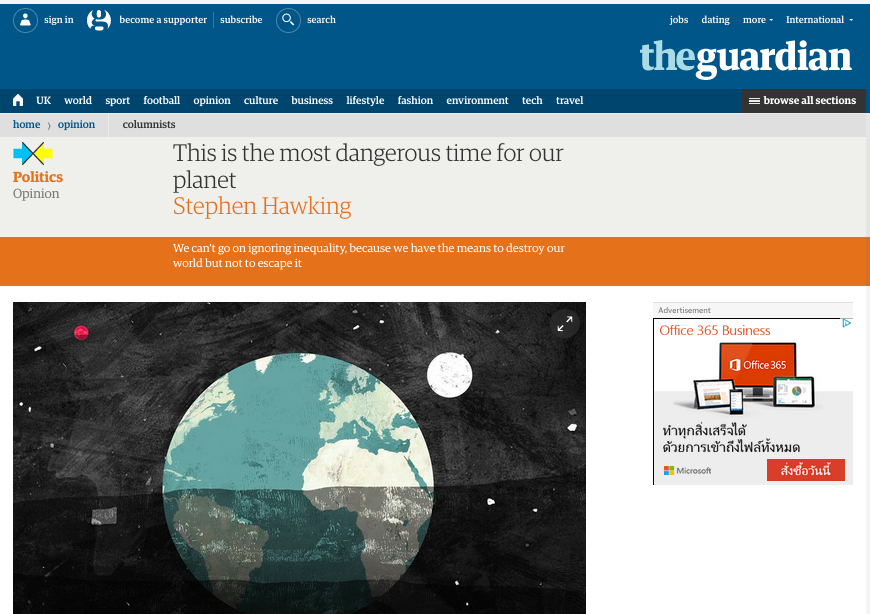
2 Dec, 2016
Why the Era of “Crisis Management” in Tourism is Over
Kuala Lumpur — When ASEAN Crisis Communications officials convene for a special meeting in the Malaysian capital between 6-9 December 2016, one of the topics on the programme will be “How to Prevent and Pre-empt a Crisis”.
To be presented by Travel Impact Newswire Executive Editor Imtiaz Muqbil, the talk on this topic is designed to help ASEAN travel & tourism communicators contemplate ways of not just “managing crises” but actually preventing and pre-empting them.
“Starting from 2001, its very first year, the 21st century has been hit by a string of almost back-to-back crises,” says Muqbil. “Travel & tourism has been impacted in one way or another by all, be they geopolitical upheavals, economic recessions, natural disasters, health pandemics or environmental catastrophes.
“In nearly all instances, the travel & tourism has been forced to react to a mess caused by external factors. This constant focus on ‘reacting’ has to end. We need to become more ‘proactive’ at preventing and pre-empting crises before they strike. My talk hopefully will set in motion a brainstorming process to change mindsets and direction.”
The talk will be akin to going to a doctor for a second opinion, Muqbil said. “When the traditional courses of treatment do not produce results, it is normal to seek a second opinion. That is what I will try and offer.”
Hosted by Tourism Malaysia, the ASEAN Crisis Management and Communication meeting is being held under the theme, “Preparing for the Unexpected.” Along with a discussion of the ASEAN Crisis Communication Manual, it will include a number of presentations by expert speakers on preparation, readiness, media management, building resilience, handling rumors and managing perceptions.
Muqbil, the only travel industry journalist invited to the event, was asked to speak along the same subjects. Instead, he suggested an alternative topic, “How to Prevent and Pre-empt a Crisis”, which was accepted.
This is not the first time Muqbil will be discussing prevention and pre-emption strategies. In November 2014, he worked with PATA to organise the first webinar on the topic “The New Era of “Prepare, Prevent, Pre-empt”. The webinar attracted very few takers.
At that time, there didn’t seem to be much interest. Now, however, it should be different, especially as it is apparent that crises are increasing both in intensity and frequency.
The relevance and topicality of the session received an unexpected boost with the December 1 publication of the following article published in The Guardian newspaper by renowned physicist and cosmologist Stephen Hawking:

Prof Hawking’s arguments confirm what Mr Muqbil was intending to argue when he proposed the topic change: That global conditions — commonly known as ‘the operating environment’ — are heading for a serious imbalance, which in itself is unsustainable.
“While ‘preparing for the unexpected’ is extremely necessary, preventing and pre-empting the unexpected is even more necessary. In fact, some of the looming crises can no longer be classified as ‘unexpected.’ We know what is going to happen.”
“The era of just simply managing crises or reacting to them is over. The risks are too high, and prevention must take priority over cure.”
Muqbil lauded the organisers for responding positively to the idea of a topic-change, and looks forward to a forthright and healthy discussion.



Liked this article? Share it!